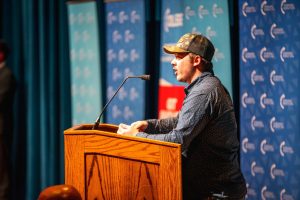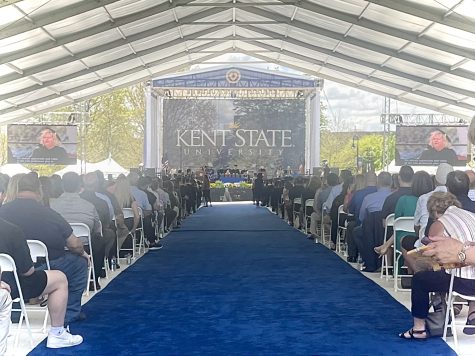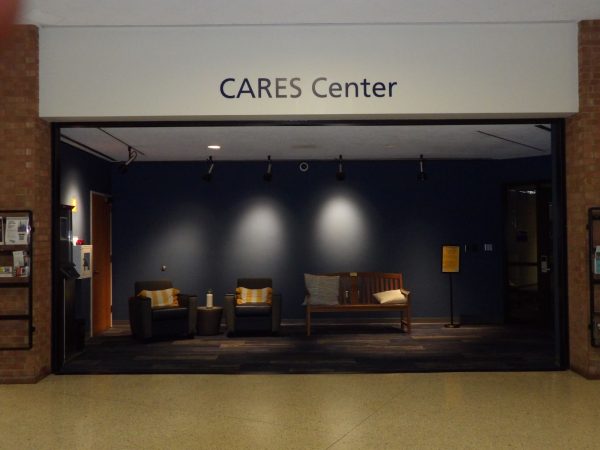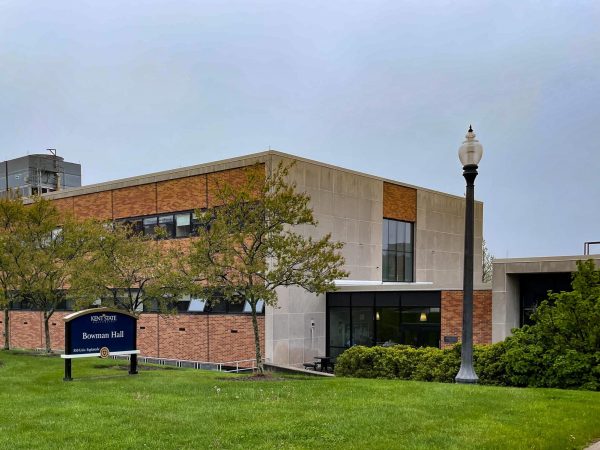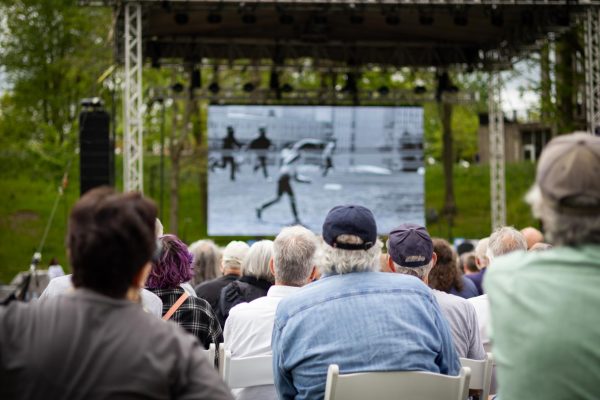Provost’s task force hopes to globalize curriculum, increase study abroad options
January 9, 2012
A new group at Kent State could be adding more globally-focused courses to the curriculum and expanding the study abroad options available to students.
After President Lester Lefton’s State of the University address in September, Provost Robert Frank created the Globalization Task Force. Chaired by Mark James, the Globalization Task Force will address Lefton’s charge to develop a modern, globally-focused plan for the education of Kent State’s students.
James, a public health professor, said the group will assess where the university is now in terms of how many students are studying abroad, how many international students are coming to Kent and what they think of the university — almost any aspect of international affairs on which the Office of Global Education has statistics.
The task force will then use that information to compare Kent State’s global education to other universities and explore how the university can make improvements based on what other colleges are doing.
James said the Globalization Task Force’s 10 members were appointed by the provost Nov. 7 and hail from a variety of colleges and leadership positions in the university. The group’s first meeting was Dec. 8, where its members set goals for the group, became acquainted with each other and made subcommittees to focus on certain issues to be covered throughout the semester.
Why should I care?
The task force could make curriculum changes that affect all colleges and majors by requiring more or different global diversity courses.
Depending on the task force’s recommendations, students may gain opportunities to study abroad in different countries and programs and may get more scholarship money to do so.
Mary Anne Saunders, who acts as a member of the task force as part of her role as Executive Director of the Office of Global Education, said the task force will meet every other week until mid-to-late spring semester. It will then provide Provost Frank with a report including conclusions and recommendations, which will then go to President Lefton.
When the group presents its report to administration, “it doesn’t mean that it’ll end up as policy, but it’s going to be an informational source,” James said.
Saunders said she does not know what specific recommendations the task force will make, but the average student can probably expect to see more globally based courses in addition to the diversity courses they already take. They can also expect a wider variety of study abroad programs and more interaction between domestic and international students in the hopes of socializing and integrating the international students.
James said another potential change students will notice is the availability of additional scholarship money for students who study abroad.
“I know some of the universities that I looked at have what’s called a global education fund,” he said. Donors to these schools “can earmark donations or funds specifically for global purposes,” which means more potential money for students studying in other countries.
James and Saunders said the task force was not created out of a deficit in programs or a low number of international students coming here — it seems to them to be just an example of the administration’s commitment to globalizing Kent State.
“I believe the president really wants our students to be prepared for the job market and just for life in the 21st century,” Saunders said. “It’s no longer an isolated, insular world.”
James said the group looks forward to its role in advising the provost and president.
“I think the task force looks upon this as a positive role, and we’re all very enthusiastic that we can improve the presence of Kent State in its international mission,” James said.
The task force’s next meeting is Jan. 13.
Contact Carrie Blazina at [email protected].









